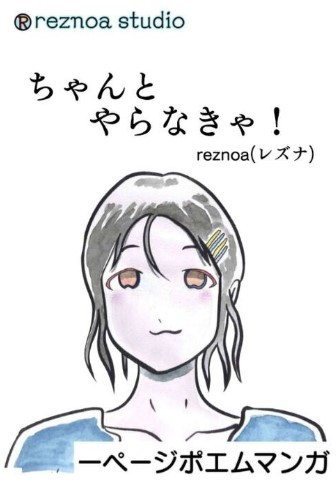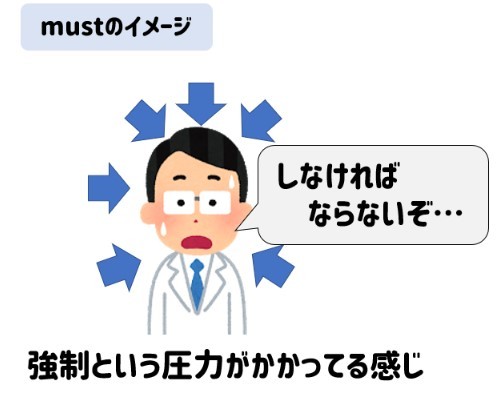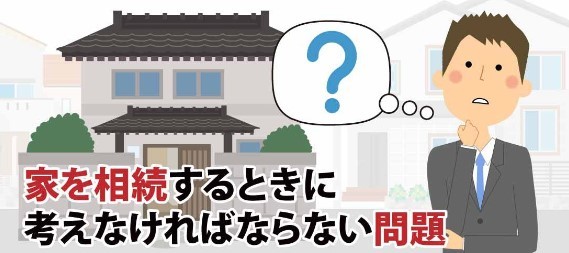なければならない (nakerebanaranai) Meaning Japanese Grammar - Must
Anna Baffa Volpe
Get in touch with meなければならない (nakereba naranai) is one of the forms used to translate the verb must do and have to do.
なければな
なければな (nakereba) is the negative conditional form of ない (nai), meaning not to be, not to exist. In its conditional form, its translation becomes if there is not.
ならない
ならない (naranai), on the other hand, is the negative plain form of なる (naru) and is translated not become.
なければならない
Putting these two terms together with their translations we have:
なければならない: If it is not (like this) [なければな], then it does not become [ならない]
This grammatical structure contains a double negation. The overall meaning of the word なければならない translates as you must.
Examples of なければならない
明日中に本を返さなければなりません。
I have to return the book by tomorrow.
来月テストがありますから勉強しなければならない。
I have to study, because I have an exam next month.
仕事はしなければならない。
I must work.
Or: Work has to be done.
Other forms for the verb "must"
- なければならない (nakereba naranai)
- なければいけない (nakereba ikenai)
- なくてはならない (nakutewa naranai)
- なくてはいけない (nakutewa ikenai)
- ないといけない (nai to ikenai)

教育こそ未来より先に動かなければならない。
Education must anticipate the future.
Literally: It is precisely the education that must move before the future.
なきゃ and なくちゃ
"Must, have to" in Japanese Manga and Anime
In colloquial language, in Japanese manga and anime, in the conversation among friends and family members, we find 2 informal and confidential expressions for the verb must: なきゃ and なくちゃ.
急がなきゃ!
We must hurry!
行かなくちゃ!
We have to go!

やる (do) ⇨ Negative Base in あ or B1: やら ⇨ やら + なきゃ ⇨ やらなきゃ: must do
ちゃんとやらなきゃ!
You have to do it properly!
Books and blogs from Internet:

大人になる前にしなければならない50のこと。
50 things you must do before you grow up.
A funny explanation of しなければならない:

しなければならないぞ...強制という圧力がかかってる感じ。
I must!... I feel the pressure of coercion.

50代でしなければならない55のこと。
55 things you must do in your 50s.
代 from is a numeric suffix, counter words used in conjunction with a number and indicating the category to which the noun to be counted belongs, in this case indicates generations, years, age.
[10年後にしたいこと]を今しよう。
Let's do now what we want to do 10 years from now.

[日本の家]靴をぬがなければなりません。
Japanese houses: you have to take off your shoes.

家を相続する時に考えなければならない問題。
Questions to consider when inheriting a house.
Similar grammar points in Japanese 📚
から
から (kara) Meaning Japanese Grammar - Because
だけ
だけ (dake) Meaning Japanese Grammar - Only
たりする
たりする (tari suru) Meaning Japanese Grammar - Do Such Things as A, B Etc
ちがう
ちがう (chigau) Meaning Japanese Grammar - No
まだ
まだ (mada) Meaning Japanese Grammar - Still
ないでください
ないでください (naide kudasai) Meaning Japanese Grammar - Please Do Not Do